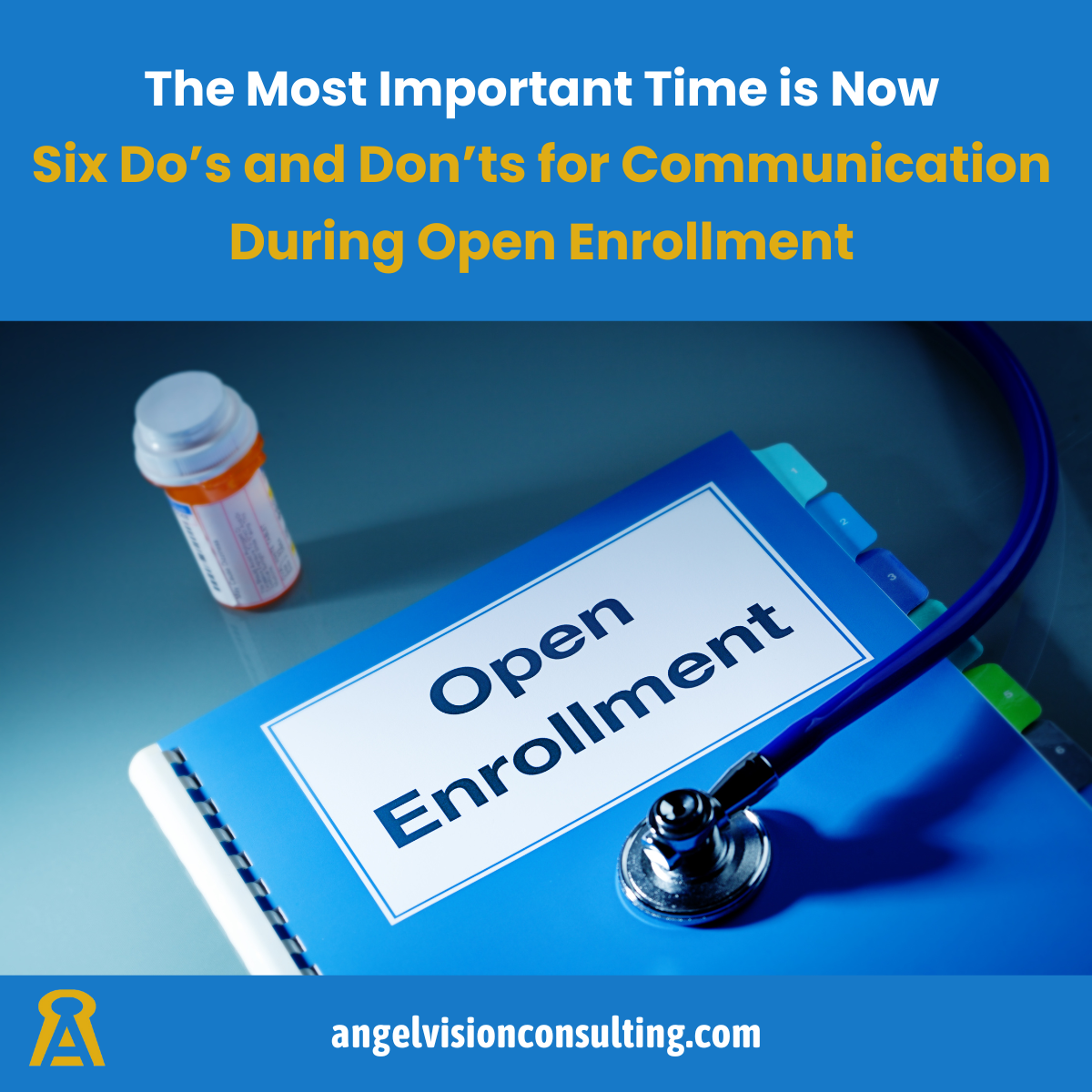Is ICHRA the next HSA?
What to know about Individual Coverage Health Reimbursement Arrangements (ICHRAs).
Individual Coverage Health Reimbursement Arrangements (ICHRA) have been available for over five years now but have only started gaining significant attention in the last 12-24 months. Initially, many dismissed ICHRAs as having limited growth potential and only a viable solution for very small employers. Despite the initial skepticism, ICHRA is making a name for itself and could very well be the next “HSA”.
What is ICHRA?
ICHRA was introduced under executive action during President Trump’s first term. At its core, an employer provides employees with a defined contribution amount that they can use to purchase individual health plan coverage. Often, the coverage is provided through either a government exchange or a private exchange. The employer (or plan sponsor) determines if the ICHRA will be limited to just covering the costs of premiums, or if it could also be used to pay for other out-of-pocket medical expenses.
How ICHRA Introduction Compares to HSA Introduction
Looking back, the initial years of HSAs (Health Savings Accounts) are remarkably similar to the introduction of ICHRA we see today.
1. Legislative Challenges
Before HSAs, there were Medical Savings Accounts (MSAs). MSAs were a temporary program that combined a high deductible health plan and a savings account, but they were highly restrictive which limited their growth potential.
At the time, I was running marketing at MSA Bank (now known as HSA Bank). Each year, MSAs were at the whims of the government and the program could easily expire. However, we held on to hope that Congress would finally expand MSAs. Finally, in December 2003, it happened (but with a twist). Instead of expanding MSAs, Congress approved HSAs effective January 2004. We scrambled to figure out what it all meant and how we could offer solutions. There were often more questions than answers back then.
In many ways, ICHRA is challenged by a similar fate as MSAs were. ICHRA is currently offered under executive order, which means that it could end at the whims of a new president. Efforts have begun to codify ICHRA into law and secure its place in the benefits landscape. ICHRA industry insiders hope that 2025 will be the year that they are finally codified.
2. Recognized Strength in Numbers
From the inception of HSAs, it was clear that advocacy efforts would be needed and there would be strength in numbers. The ABA HSA Council and the HSA Coalition are two of the organizations that initially rallied to support HSAs, gain legislative and technical clarity, and educate the market. In a similar fashion, the ICHRA market has already organized around the HRA Council. The HRA Council is committed to working together to create a vibrant HRA market through advocacy, education, and better market data.
3. Market Hesitation
Starting out, MSAs and later HSAs were not embraced by all. We were constantly reaching out to brokers and employers, educating them on this new concept—high deductible health plans with HSAs. We found that there were three types of brokers: those that got it and became evangelists, those that reluctantly sold HSAs when they might ‘lose’ a client, and those that actively sold against HSAs at all costs. ICHRA seems to be experiencing a similar breakdown in the broker and administrator markets. ICHRA is still in early growth stages, but ICHRA evangelists are strong and nudging the market forward.
How is ICHRA Paving Its Own Way?
For brokers and administrators that focused on the employer group market, ICHRAs were not an obvious solution and were largely dismissed. However, many new players saw ICHRA as an entry point. According to the HRA Council’s 2022 Growth Trends Report, more than 9 out of 10 employers with an ICHRA between 2020-2022 had less than 20 employees. After a few years, these early entrants to the ICHRA market realized they could also solve challenges that plagued large market employers (defined as employers with 100 or more employees). In the HRA Council’s 2024 Growth Trends Report, adoption among large employers grew 84% from 2023 to 2024, while overall ICHRA year-over-year growth grew 29%. So, what problems are ICHRAs addressing?
1. Cost & Risk Management
ICHRA allows employers to set a contribution budget which is not directly linked to rate renewals. In the group market, employers with more than 100 employees are typically experienced-rated (or could be self-insured). In either case, a few ‘bad’ claims can result in significant rate or cost increases. The individual market is community-rated and has seen rate increases typically ranging from 5-15%. First, employers can choose how much they would like to increase or decrease their contribution independent of rates. Additionally, employees can decide how they want to manage any increases by potentially changing their plan vs. taking on an increase.
2. Choice
In the group market, it can be difficult for employers to offer multiple plans to address the various needs, life stages, and geographic considerations of their employees. Through ICHRA, employees have more choice in the options available and can prioritize what is important to them.
3. Ability to Address Unique Population Segments
ICHRA can be used to expand benefit offerings beyond the traditional ‘full-time’ employee and address the often overlooked ‘part-time’ or ‘seasonal’ employee. Employers can use different employee classes to set contribution levels across more employee segments. Individuals that would not otherwise be offered coverage now have new options to explore.
Making ICHRA HSA-Friendly
There is a common misunderstanding regarding ICHRA and HSA suggesting you must choose either ICHRA or HSA. While ICHRA can ‘replace’ an HSA in some cases, it also makes a great complement to a consumer-driven benefits strategy. How do you make ICHRA HSA-friendly?
- ICHRA can be designed to only pay health insurance premiums. Individuals that choose an HSA-qualified health plan can use the ICHRA to pay their premiums and self-fund an HSA to pay for eligible out-of-pocket expenses. This is the most common approach.
- ICHRA can also be designed to be HSA-compatible. In addition to paying premiums, the ICHRA could be designed as a limited purpose ICHRA which only pays dental and vision expenses and/or as a post-deductible ICHRA which doesn’t reimburse medical expenses until an initial deductible threshold is met.
Both of these approaches ensure that employees have access to the best of ICHRA and HSA.
Watch out for ICHRA
While HSAs with an HSA-qualified plan have grown into a mainstream benefit, it has been over 20-30+ years in the making. ICHRA has shown significant potential to revolutionize the way employers provide health benefits. By offering flexibility, cost management, and the ability to cater to diverse employee needs, ICHRA is paving its own way in the benefits landscape. As we look to the future, the continued growth and adoption of ICHRA will depend on legislative support and market education.
Are you a benefits advisor exploring how ICHRA might fit into your strategy? Are you an ICHRA provider looking to build trust and credibility through thought leadership? Schedule a free discovery call to learn how Becky can support you on your ICHRA journey.
This article was originally written for Angel Wisdom Newsletter. Subscribe of LinkedIn.


